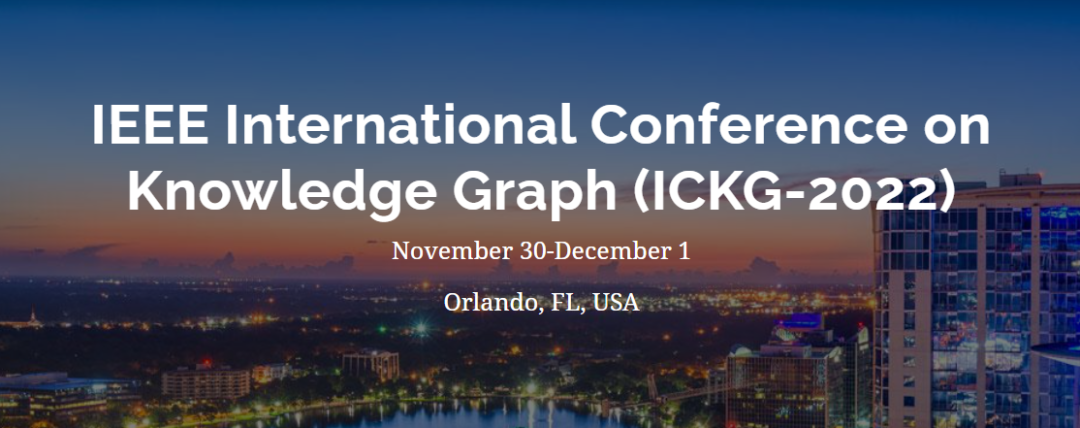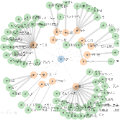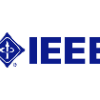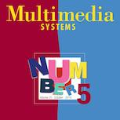IEEE ICKG 2022: Call for Papers

13th IEEE International Conference on Knowlede Graph (ICKG-2022)
November 30-December 1, 2022
Orlando, FL, USA
https://ickg2022.zhonghuapu.com/
ICKG 2022 Call for Papers
Aims and Scope
Accepted papers will be published in the conference proceedings by the IEEE Computer Society. Awards will be conferred at the conference on the authors of the best paper and the best student paper. High quality papers will be invited for a special issue of Knowledge and Information Systems Journal in an expanded and revised form.
Important Dates
- Paper submission (abstract and full paper): July 31, 2022
- Notification of acceptance/rejection: September 11, 2022
- Camera-ready deadline and copyright forms: October 1, 2022
- Early Registration Deadline: October 1, 2022
- Conference: November 30-December 1, 2022
Topics of Interest
Topics of interest include, but are not limited to:
Track Topics
Submission Guidelines
Paper submissions should be no longer than 8 pages, in the IEEE 2-column format, including the bibliography and any possible appendices.Submissions longer than 8 pages will be rejected without review. All submissions will be reviewed by the Program Committee based on technical quality, relevance to Knowledge Graph, originality, significance, and clarity. You can choose to identify a Track Topic number in your submission title (e.g., your_paper_title-Track01) during submission.
All manuscripts are submitted as full papers and are reviewed based on their scientific merit. The reviewing process is confidential. There is no separate abstract submission step. There are no separate industrial, application, shortpaper or poster tracks. Manuscripts must be submitted electronically in online submission system. We do not accept email submissions.
Conference Chairs
Nitesh Chawla, University of Notre Dame, USA
Kui Yu, Hefei University of Technology, China
Program Chairs
Ronen Feldman, Hebrew University, Israel
Peipei Li, Hefei University of Technology, China
Qing Li, Hong Kong Polytech University, China
Finance Chair
Zeyi Sun, Mininglamp Technology, China
Publicity Chair
Ting Bai, Beijing University of Posts and Telecommunications, China
Web Chair
Chenyang Bu, Hefei University of Technology, China
More Information
More information about ICKG 2022 is at
https://ickg2022.zhonghuapu.com/
欢迎干货投稿 \ 论文宣传 \ 合作交流
推荐阅读
由于公众号试行乱序推送,您可能不再准时收到机器学习与推荐算法的推送。为了第一时间收到本号的干货内容, 请将本号设为星标,以及常点文末右下角的“在看”。
由于公众号试行乱序推送,您可能不再准时收到机器学习与推荐算法的推送。为了第一时间收到本号的干货内容, 请将本号设为星标,以及常点文末右下角的“在看”。





